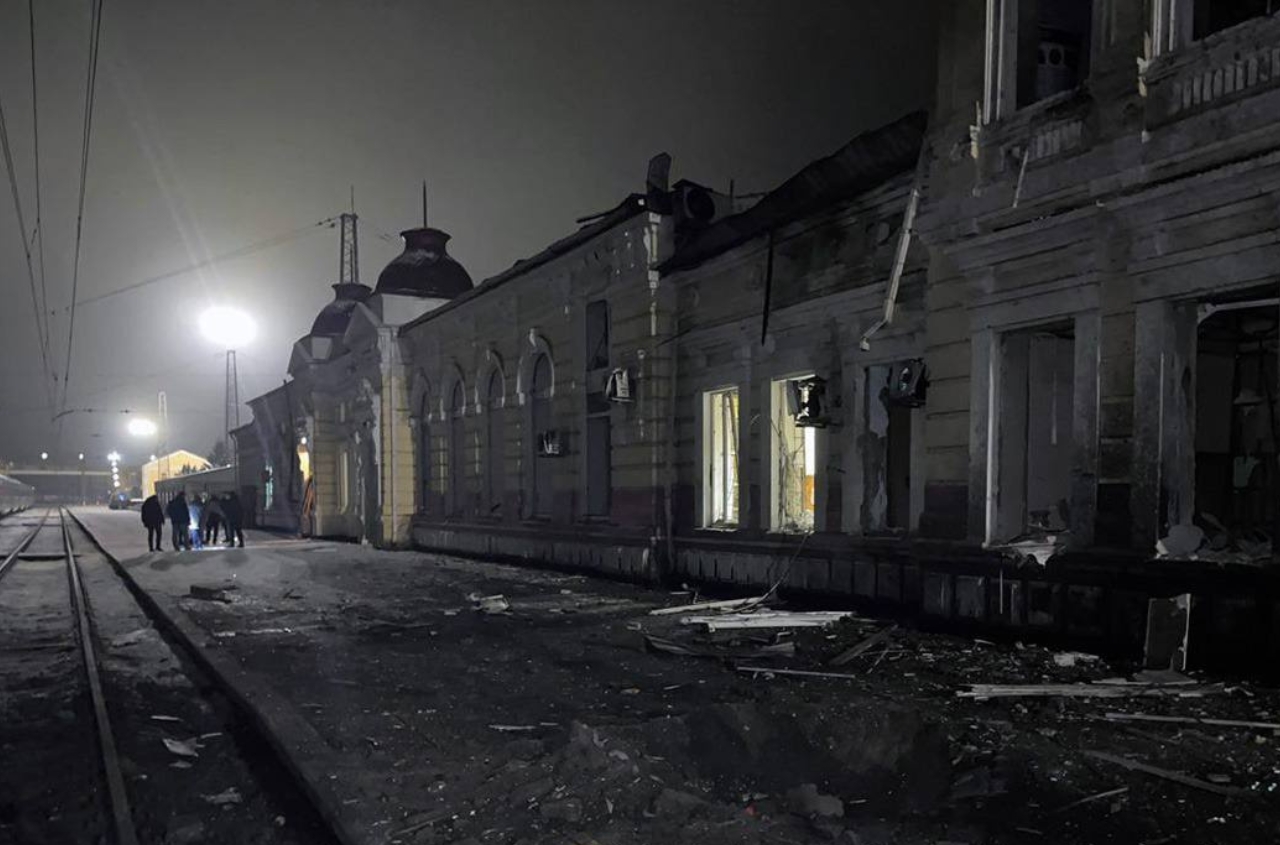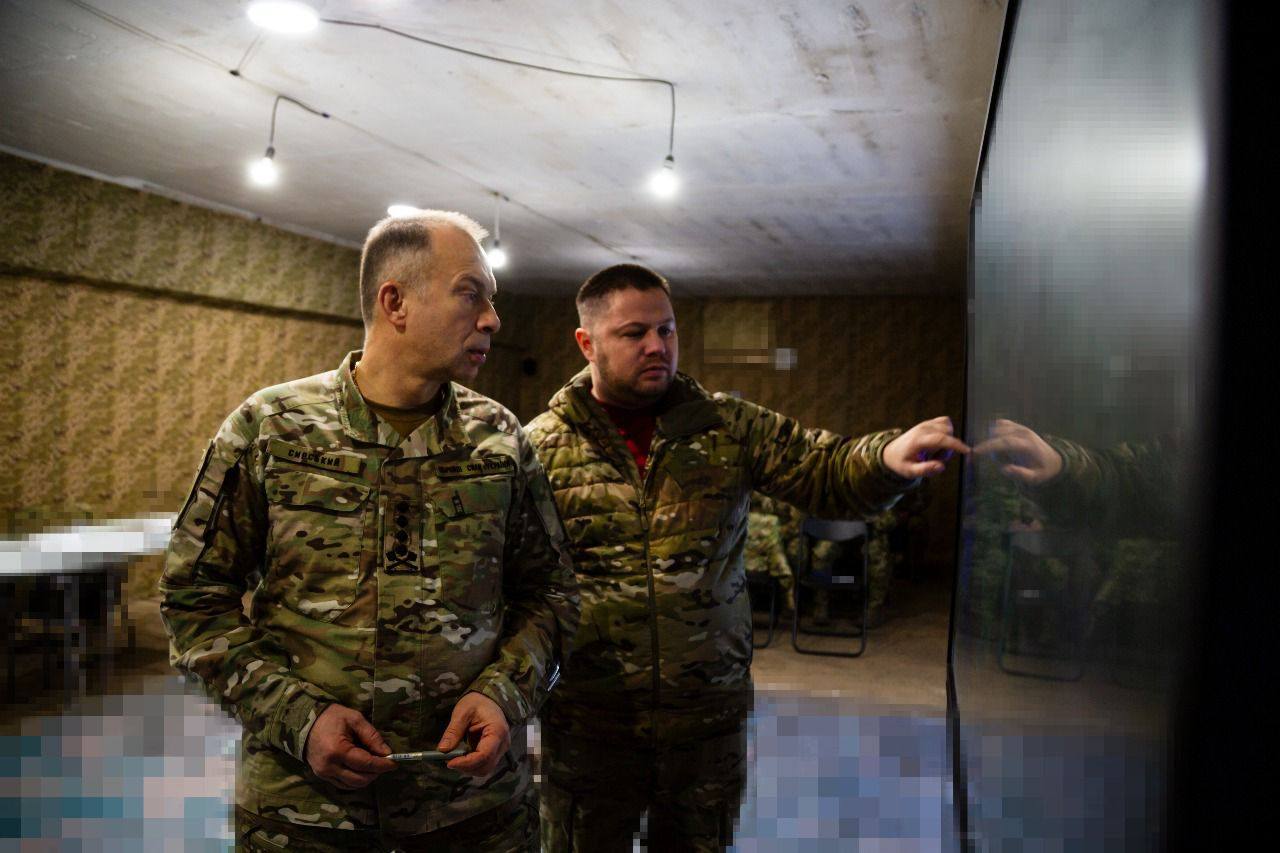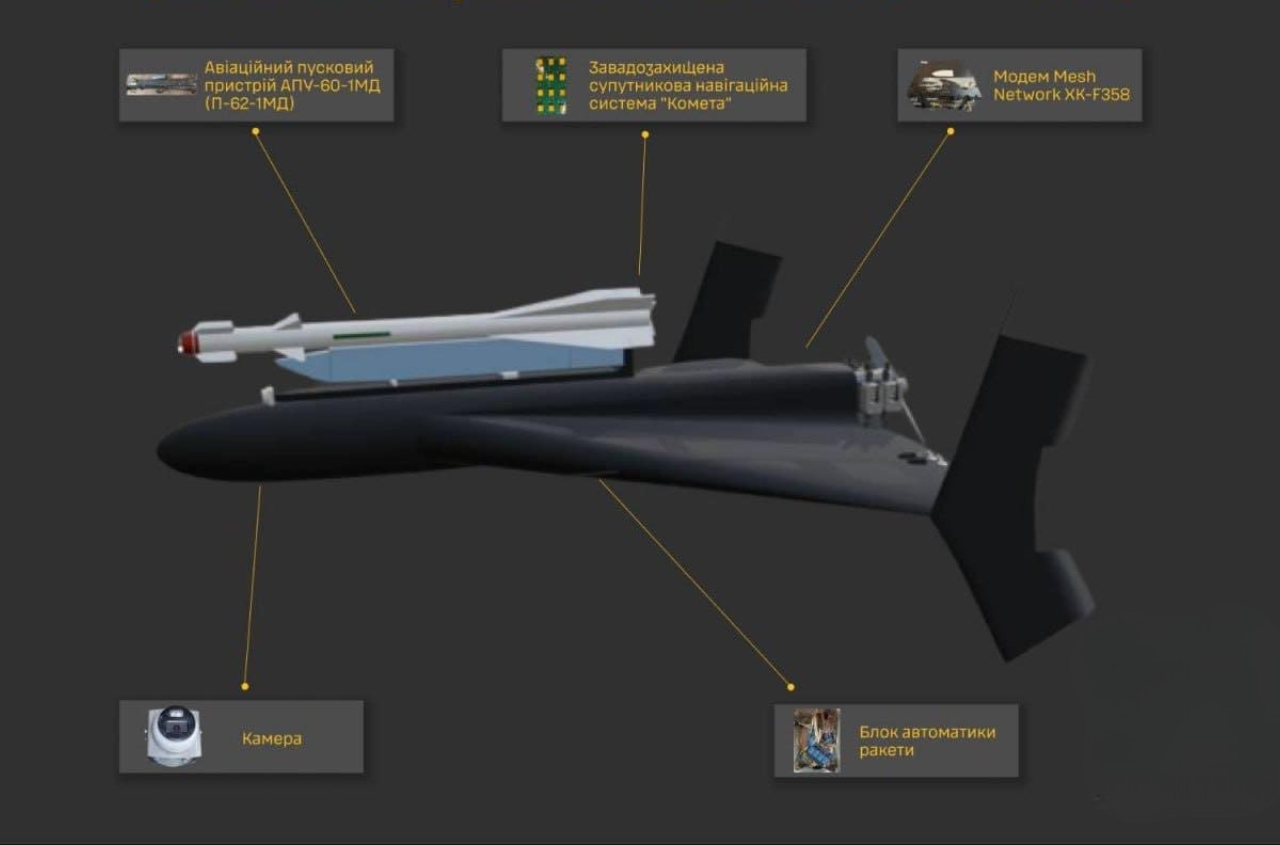To date, basic food kits have been prepared, and food reserves have been formed at each OMA, the territories of which are temporarily under occupation, to immediately provide the residents of these areas with food after de-occupation. These are Kherson, Zaporizhzhia, Donetsk, Luhansk and Kharkiv regions.
This was emphasized by the First Deputy Minister of Agrarian Policy and Food of Ukraine, Taras Vysotskyi, during a public discussion on the topic "Food security of communities during the war: global and local views", which was jointly organized by the Ministry of Development of Communities and Territories of Ukraine and the USAID "HOVERLA" Project. The Deputy Minister also told how the Government implements the plan to ensure food safety in the conditions of martial law.
"At the beginning of March, the Government began to purchase food products of domestic production from the list of critical goods for consumption and transfer them to the population using budget funds. The goods were purchased through local military administrations and were used for two purposes - distribution to internally displaced persons in all regions of Ukraine, as well as for the formation of a reserve in case of a potential force majeure or blockade of one or another region," he emphasized.
Taras Vysotskyi explained that the basic set is 12.5 kg of long-term storage products, which includes cereals, oil, canned goods, dairy and meat products, potatoes, crackers, and cookies.
This reserve is alive and permanent - from the point of view of both purchase and issue.

The First Deputy Minister reminded us that Ukraine had approved a plan to ensure food safety under martial law, which covers all practical military experience gained since February 25. This is a complex of actions that involves monitoring the state of food security and agricultural infrastructure as a whole, providing support to food producers, provision of targeted assistance to socially vulnerable categories of the population, and centralized control over product prices.
Taras Vysotskyi also thanked the agrarians and farmers who provided and provided substantial charitable assistance, often giving away their own products for free to form food packages for the population, taking care of Ukraine's food reserve.
"We are proud that communities in Ukraine are working hard to ensure food security and well-being for their residents even in these difficult times. Local leaders are working to build food reserves for citizens, including internally displaced people, and support supply chains and local agricultural producers. It is vital to work in partnership with the Government and international projects to find ways to solve these challenges jointly.

The USAID project "HOVERLA" is happy to facilitate dialogue between various institutions to strengthen the capacity of local self-government, ensure food security in communities, and their mutual support in this situation. We will continue to support these community efforts," said the head of the USAID HOVERLA Project, Gabriel Abraham.
The communities today have the responsibility not only to fulfill their primary duties but also to cope with the new challenges brought by the war. Territorial communities are a reliable rear of the Ukrainian army that defends Ukraine.
"The communities faced a whole series of complex challenges that we did not think about even before the war, and at the same time the communities became very active centers of resistance against the occupiers and to this day demonstrate courage, and thanks to the resilience of the communities, thanks to the perseverance, thanks to the work of all services and local authorities manage to overcome new challenges and ensure the functioning of the service delivery system. It is very important that territorial communities pay attention to how to support local business, develop local production, processing, how to involve citizens in this work, help them to strengthen food security," said Vyacheslav Negoda, Deputy Minister of Development of Communities and Territories of Ukraine.
The event was also attended by the executive director of the All-Ukrainian Association of Communities, Ivan Slobodianyk; Serhii Shevel, Deputy Executive Director of the All-Ukrainian Association of OTG; Natalia Hnydyuk, deputy head of the USAID "HOVERLA" Project; director of the USAID AGRO Program Ksenia Sidorkina; senior sector leader of the SURGe project, "Support of government reforms in Ukraine"; Tetyana Lebukhorska, head of the "Gardens of Victory" initiative; vice-president of economic education of the Kyiv School of Economics Oleg Nivyevskyi, as well as leaders of communities from various regions of Ukraine.

The event was organized by the Ukrainian Crisis Media Center as part of the project "Communication Support of Territorial Communities of Ukraine in Improving Coordination and Information and Explanatory Work", which was made possible thanks to the United States Agency for International Development (USAID) and the sincere support of the American people through the USAID Project "HOVERLA ". The content of this event does not necessarily reflect the views of USAID or the US Government.





















